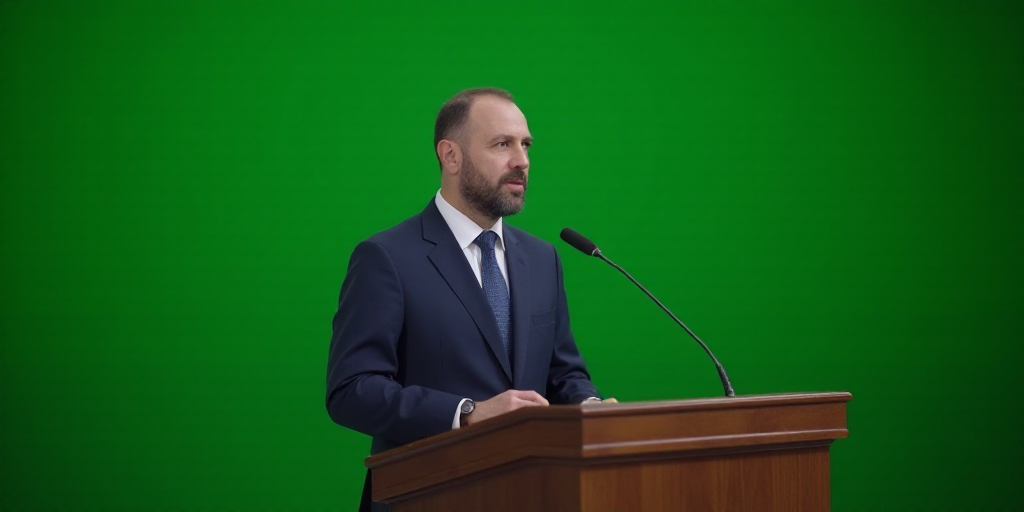Background on Benjamin Netanyahu and His Role
Benjamin Netanyahu, often referred to as “Bibi,” has served as the Prime Minister of Israel since 2009, with a brief tenure from 1996 to 1999. A seasoned politician, Netanyahu is known for his strong stance on national security and his skepticism towards the Palestinian leadership. His views on the Israeli-Palestinian conflict have been shaped by his belief in a need for strong borders to protect Israel from potential threats.
The Context of the Speech at the UN General Assembly
On Friday, during the 76th session of the United Nations General Assembly, Netanyahu firmly rejected the establishment of a Palestinian state. He argued that such a move would pose an existential risk to Israel, framing it as “national suicide.” His speech was delivered amidst ongoing negotiations and international pressure for a two-state solution to the Israeli-Palestinian conflict.
Key Points from Netanyahu’s Speech
- Rejection of Palestinian Statehood: Netanyahu emphasized his opposition to the creation of an independent Palestinian state, arguing that it would endanger Israel’s security and national integrity.
- Historical Context: He referenced historical events and the ongoing disputes between Israelis and Palestinians, asserting that a Palestinian state would not bring peace but further complications.
- Alternative Proposal: Netanyahu suggested focusing on improving the lives of Israelis and Palestinians within their existing circumstances, rather than pursuing a two-state solution.
Impact on the Israeli-Palestinian Conflict
Netanyahu’s stance has significant implications for the Israeli-Palestinian peace process. His rejection of a Palestinian state aligns with the views of his right-wing Likud party and ultra-Orthodox coalition partners. This position has been met with criticism from international leaders and human rights organizations who advocate for a two-state solution as the most viable path to lasting peace.
Reactions and Perspectives
Palestinian leaders have condemned Netanyahu’s speech, stating that it undermines the possibility of a peaceful resolution. They argue that establishing an independent Palestinian state is essential for achieving lasting peace and justice in the region. Meanwhile, some Israeli political analysts suggest that Netanyahu’s hardline approach may alienate moderate voices and hinder progress towards a sustainable solution.
Key Questions and Answers
- What is the main argument presented by Netanyahu? Netanyahu argues that establishing a Palestinian state would be “national suicide” for Israel, citing security concerns and historical context.
- How do Palestinian leaders respond to Netanyahu’s stance? Palestinian leaders condemn Netanyahu’s speech, asserting that it obstructs the path to a peaceful resolution and an independent Palestinian state.
- What are the potential consequences of Netanyahu’s position on the peace process? Critics argue that his hardline approach may further polarize the Israeli-Palestinian conflict, making a two-state solution less likely and potentially alienating moderate voices on both sides.






